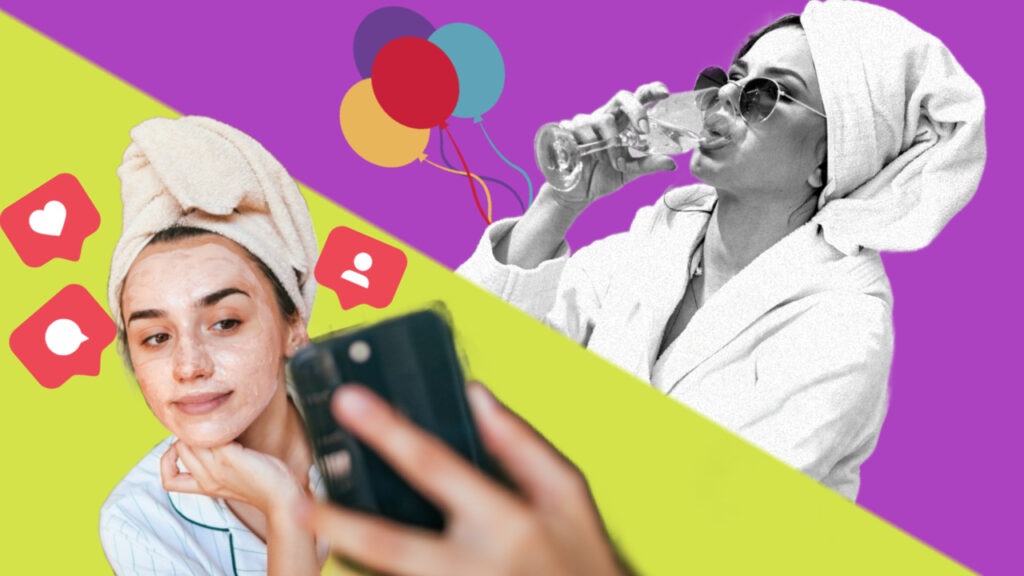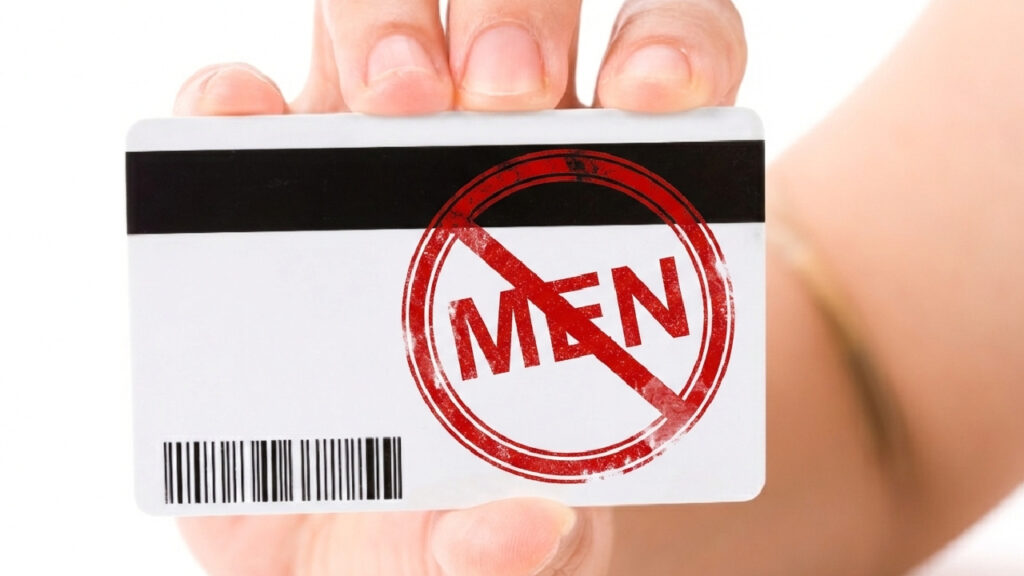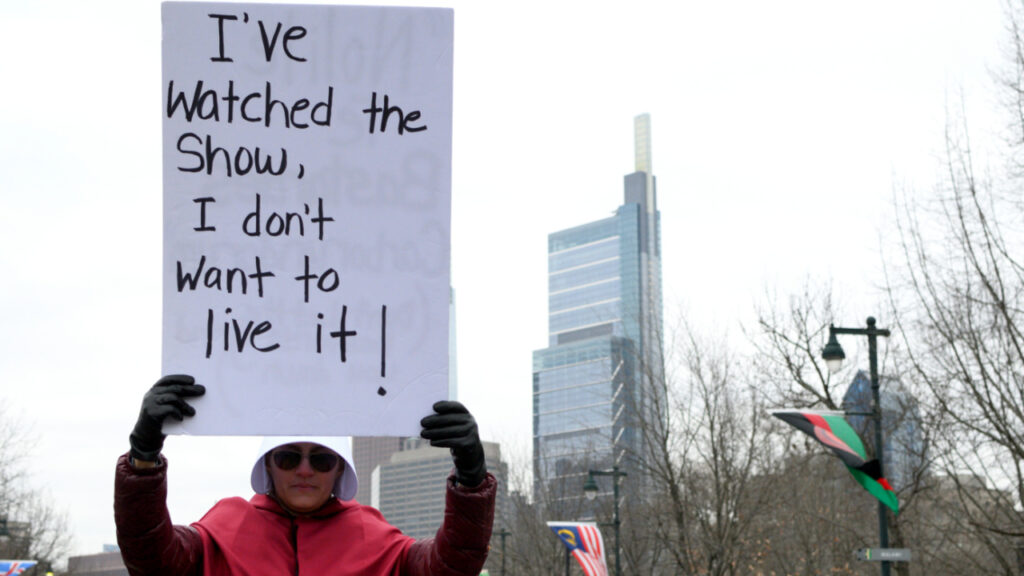
I Inherited Trauma Before I Was Even Born—Here’s How I’m Breaking the Cycle
Trauma was part of my story even before I was born.
My Abuelita Bertha tragically lost her son while pregnant. It was a tragic loss, but the stress lived on. Studies show that a mother’s stress during pregnancy can transfer to her unborn child. This could make the child more vulnerable to mental health and behavioral issues later in life.
That child was my mami. She is a survivor of complex trauma, one that I would inherit. The eggs preserved in my grandmother’s and mother’s wombs that led to my birth were steeped in stress hormones and unhealed wounds.
I ended up being the receptacle of it all.
By my late twenties, I was diagnosed with borderline personality disorder, obsessive-compulsive disorder, alcohol use disorder, and post-traumatic stress disorder.
I sometimes wonder how my mami’s and my life would have unfolded if my abuelita had received the support she needed.
My Abuelita grew up in the under-resourced pueblo of Huigra, Ecuador, and could only express her mental illness as “nervios.” She survived food insecurity, domestic violence, and the loss of multiple children without professional support in her home country.

Due in part to her sacrifices, I had the privilege to receive mental health care in America. I could explore how deeply trauma ran on both sides of my family.
As racial trauma expert, Dr. Resmaa Menakem said, “Trauma in a family decontextualized over time can look like family traits; trauma decontextualized in a people over time can look like culture. It takes time and effort to slow things down and discern what’s really happening.”
Like many immigrants, my family bore the burden of rapid assimilation and survival at the expense of their self-care and wellness.
A “todo bien, gracias a Dios” can mask the darkest family secrets. Like hand-me-downs, trauma often gets recycled to younger generations with devastating consequences in the name of familismo.
Over years of mental health treatment, I started to connect the dots.
Behaviors I thought were mere tradition and cultural expectations started to look more like trauma responses or abuse.
For instance, child discipline does not have to involve physical punishment, and codependency is not the same as loyalty.
This led me to think a younger version of myself would have benefited from mental health practitioners and spaces that appreciated and understood my Latinidad.
Recovery spaces often reflect greater society. Racism, sexism, xenophobia, and other prejudices can easily permeate rehabilitation centers, therapists’ offices, and support groups.
I know what it’s like to be the only Latina in a recovery space, to question my mental illness because of a lack of Latinx representation in the media, and to be criticized by my family for openly speaking about my traumas.
There is a mental health need among Latinos and other BIPOC not being met by traditional mental health care.
Almost 80% of Latino youth have experienced at least one adverse childhood experience, such as abuse or poverty. Yet, Latino people make up about 6% of the total American therapist population. And over half of Latino people between the ages of 18 and 25 living with a serious mental illness may not receive treatment.
It was then that I decided to help fill the gap by becoming the mental health advocate I needed as a young Latina navigating treatment.
I paved my path to becoming a certified trauma recovery coach and keynote speaker by trial and error, grit, and imagination.
I earned my bachelor’s degree from Johns Hopkins and my JD from UC Irvine School of Law. Initially, I thought I would empower my community as an attorney, but after law school, I found my calling elsewhere.
In the past few years, I’ve coached hundreds of people through organizations like a popular alcohol recovery app and a scholarship program through the DC Office of the State Superintendent of Education (OSSE), supporting Latinx college students.
In my private practice, Cycle Breakers Club, I offer non-clinical peer support to clients determined to break cycles of trauma.
My clients’ successes, such as Kendra divorcing her abusive spouse and Rachel achieving the longest period of sobriety in her life, inspire me.
In addition to coaching, I advocate for BIPOC mental health care. I do so on college campuses, podcasts, and online platforms because calladita no me veo más bonita.
I am most beautiful when I speak my truth.
My speaking program, Not Your Mami: A Latina’s Path From Silence to Strength, delves into my turbulent journey as a first-generation Latina advocate discovering and embracing her voice, identity, and power in America.
Whether on stage or in a coaching session, I channel the resilience, creativity, compassion, and other generational gifts I received from my mami and Abuelitas.
My joy is amplifying Latino voices in rooms that have historically excluded us. Similarly, my purpose is to help others disinherit generational trauma and emerge as cycle breakers.
In the end, coraje is leading by example.
Priscilla María Gutiérrez is a Certified Trauma Recovery Coach and Keynote Speaker who heals from trauma out loud for those struggling in silence. As CEO and Founder of Cycle Breakers Club, she empowers others to become cycle breakers through private coaching. Some cycles her clients are courageously breaking are unhealthy habits, people-pleasing, self-doubt, and toxic relationships.
She has partnered with organizations such as a popular alcohol-reduction app and a scholarship program that serves first-generation Latinx college students through the DC Office of the State Superintendent of Education (OSSE). Priscilla María obtained her Bachelor’s Degree from Johns Hopkins University and a Juris Doctor from UC Irvine School of Law. She has shared her insight and expertise on colleges nationwide as a keynote speaker and has been featured on Cheddar News, The Mighty, and the We’re All Insane Podcast.
Learn more about Priscilla María by visiting her website and following her on Instagram and LinkedIn.




